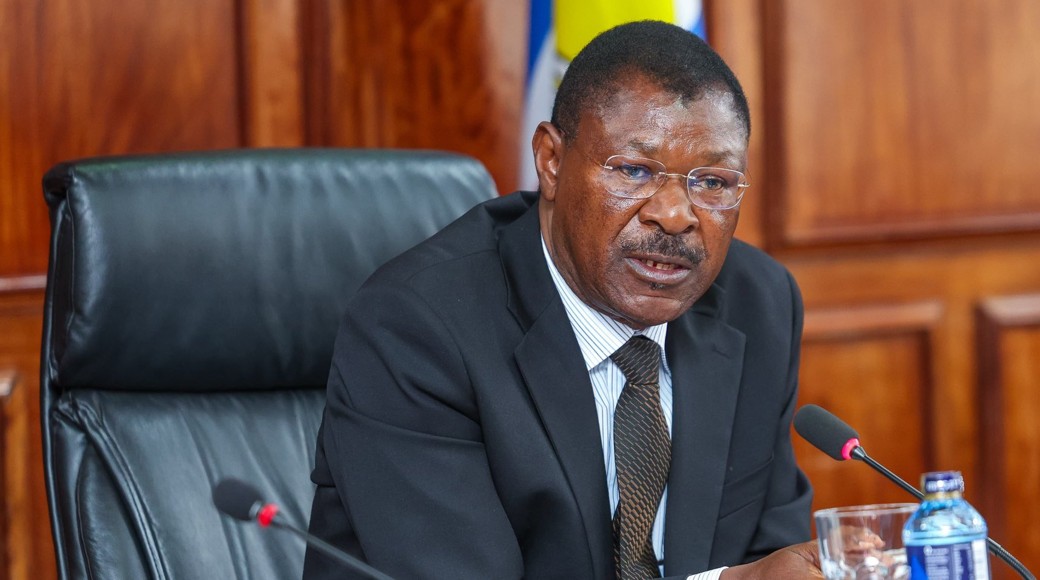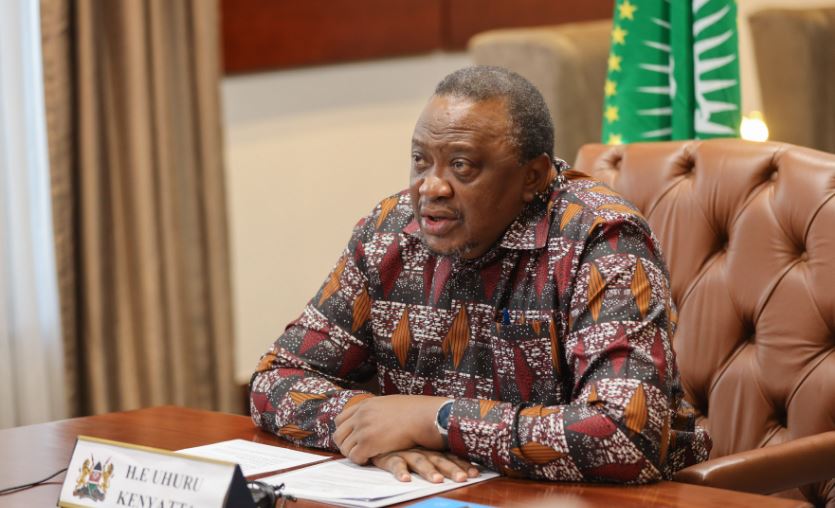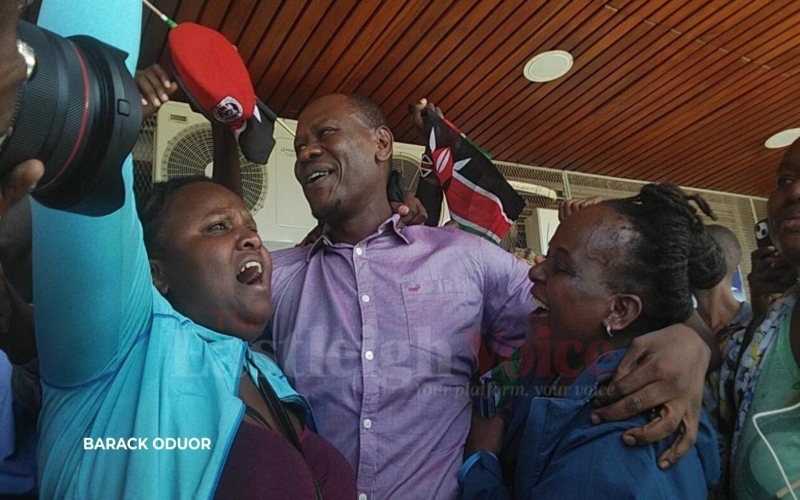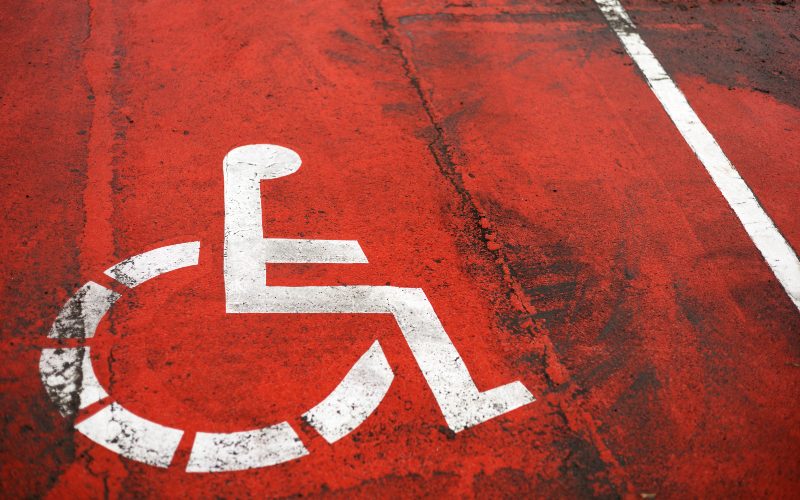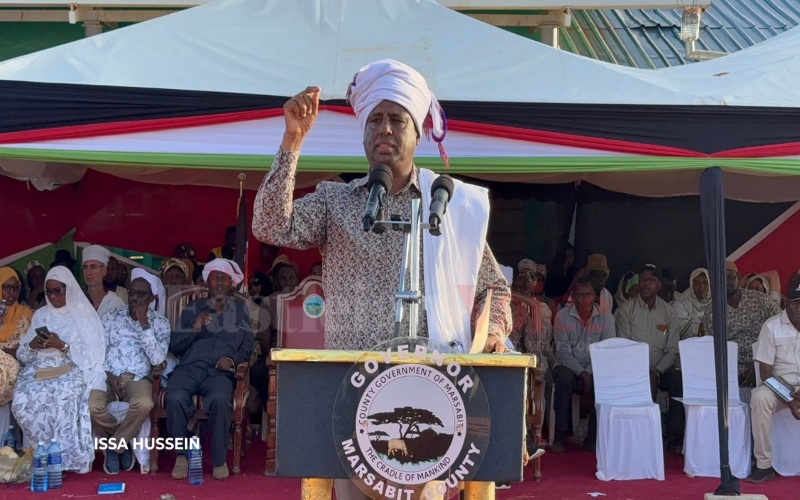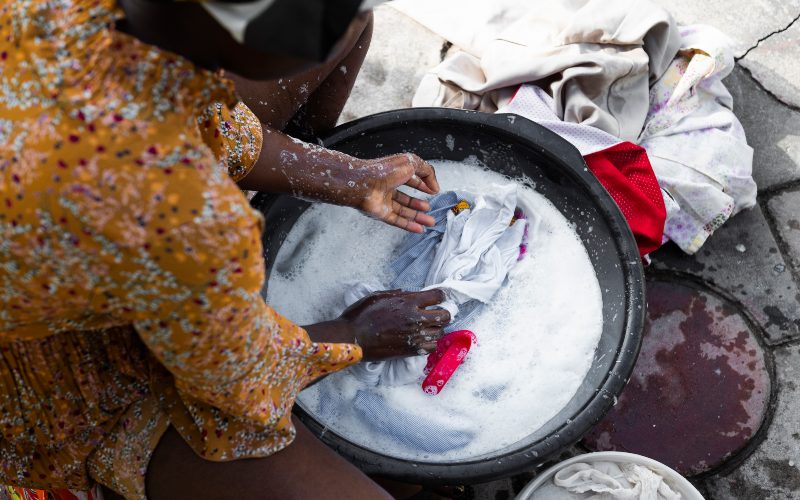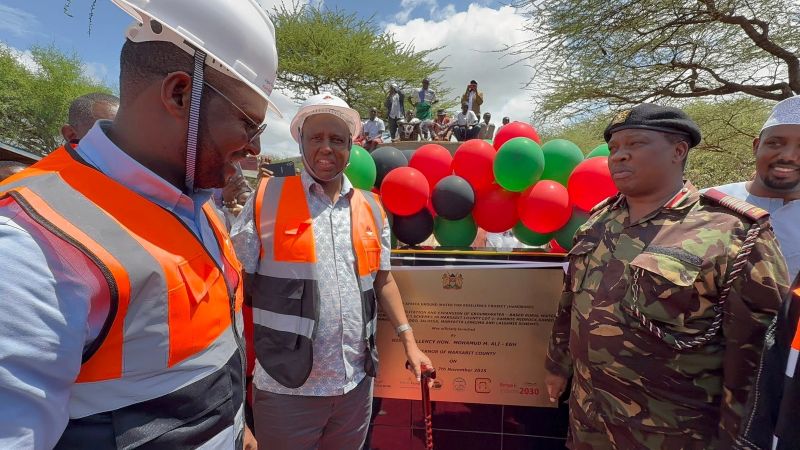Kenya tops East Africa in diaspora remittances with Sh537.6 billion in 2024
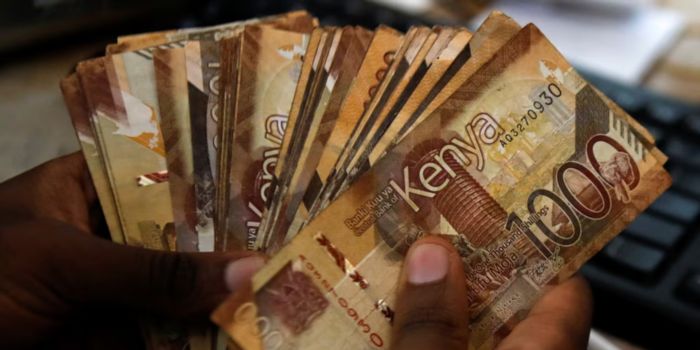
The World Bank report, which tracks remittance inflows to low- and middle-income countries since 2000, reveals that Uganda has consistently maintained the healthiest stream of remittances among EAC countries.
Kenya has emerged as the leader in diaspora remittances within East Africa, receiving a remarkable $4.8 billion (Sh537.6 billion) in 2024, according to the latest World Bank data.
The amount significantly surpasses the remittance inflows of its regional neighbours, with Somalia receiving $1.73 billion (Sh223.8 billion) and Uganda $1.49 billion (Sh192.5 billion).
More To Read
- Study finds Kenya’s unpaid household labour worth Sh2.5 trillion annually
- Diaspora remittances from Saudi Arabia fall to four-year low after new work permit rules
- Side hustles gain ground as stagnant salaries push youth to rethink work
- Businesses project job growth, stronger sales as festive season draws near
- Kenya’s care economy set for boost as policy nears approval
- Top 10 largest African economies in 2025 by Gross Domestic Product (GDP)
According to the report, other East African nations, including the Democratic Republic of Congo (DRC) and South Sudan, have experienced declines in their remittance inflows compared to the previous year, with DRC receiving $1.35 billion (Sh174.7 billion) and South Sudan $1.14 billion (Sh147.4 billion).
Meanwhile, Tanzania, Rwanda, and Burundi remain below the $1 billion (Sh129.25 billion) threshold in remittance receipts.
The World Bank’s recent statistics also highlight the growing importance of remittances in global financial flows, noting that they have now overtaken Foreign Direct Investments (FDIs) in low- and middle-income countries over the past decade.
In East Africa, South Sudan and Somalia have become particularly dependent on remittances, with these transfers contributing 17.5 per cent and 13.6 per cent of their respective GDPs in 2024.
Kenya’s remittance-to-GDP ratio currently stands at 4.6 per cent, reflecting steady growth from just $51 million (Sh6.6 billion) in 2001.
Rwanda’s ratio has also improved, rising to 3.9 per cent, following an increase in inflows from $518 million (Sh67.0 billion) in 2023 to $537 million (Sh69.4 billion) in 2024. In contrast, Uganda’s remittance-to-GDP ratio stands at 2.6 per cent.
However, remittance inflows to DRC, Tanzania, and Burundi remain relatively low, contributing less than two per cent of GDP. DRC’s ratio has dropped to 1.8 per cent, with remittances falling from record levels of $3.26 billion (Sh421.6 billion) in 2022 to $1.35 billion (Sh174.7 billion) in 2024.
Burundi has seen an average remittance inflow of just below $50 million (Sh6.5 billion) annually since 2018, contributing 1.6 per cent to its GDP. Tanzania’s remittance inflows remain the lowest in the region, at $757 million (Sh97.8 billion), contributing only one per cent of its GDP in 2024.
Globally, the top five recipient countries for remittances in 2024 are India, with an estimated $129 billion (Sh16.7 trillion); Mexico $68 billion (Sh8.8 trillion); China $48 billion (Sh6.2 trillion), the Philippines $40 billion (Sh5.2 trillion) and Pakistan $33 billion (Sh4.3 trillion).
In Africa, Egypt leads the continent with $22.65 billion (Sh2.9 trillion) in remittances, followed by Nigeria at $19.84 billion (Sh2.6 trillion) and Morocco at $12.05 billion (Sh1.6 trillion).
The World Bank report, which tracks remittance inflows to low- and middle-income countries since 2000, reveals that Uganda has consistently maintained the healthiest stream of remittances among EAC countries.
“Starting at $238 million (Sh30.8 billion) in 2000, Uganda’s remittance inflows have steadily increased over the years,” reads the report.
Tanzania, on the other hand, has struggled to incentivise greater diaspora remittance flows, with the amount growing from $8 million (Sh1.0 billion) in 2000 to $757 million (Sh97.8 billion) in 2024.
The slow growth has been partly attributed to the country’s reluctance to introduce legislation allowing dual citizenship. In May 2024, the Tanzanian government proposed a bill granting “special status” to nationals residing abroad, offering them specific rights and privileges in property ownership and investment taxes. However, the bill is still under consideration.
Top Stories Today


